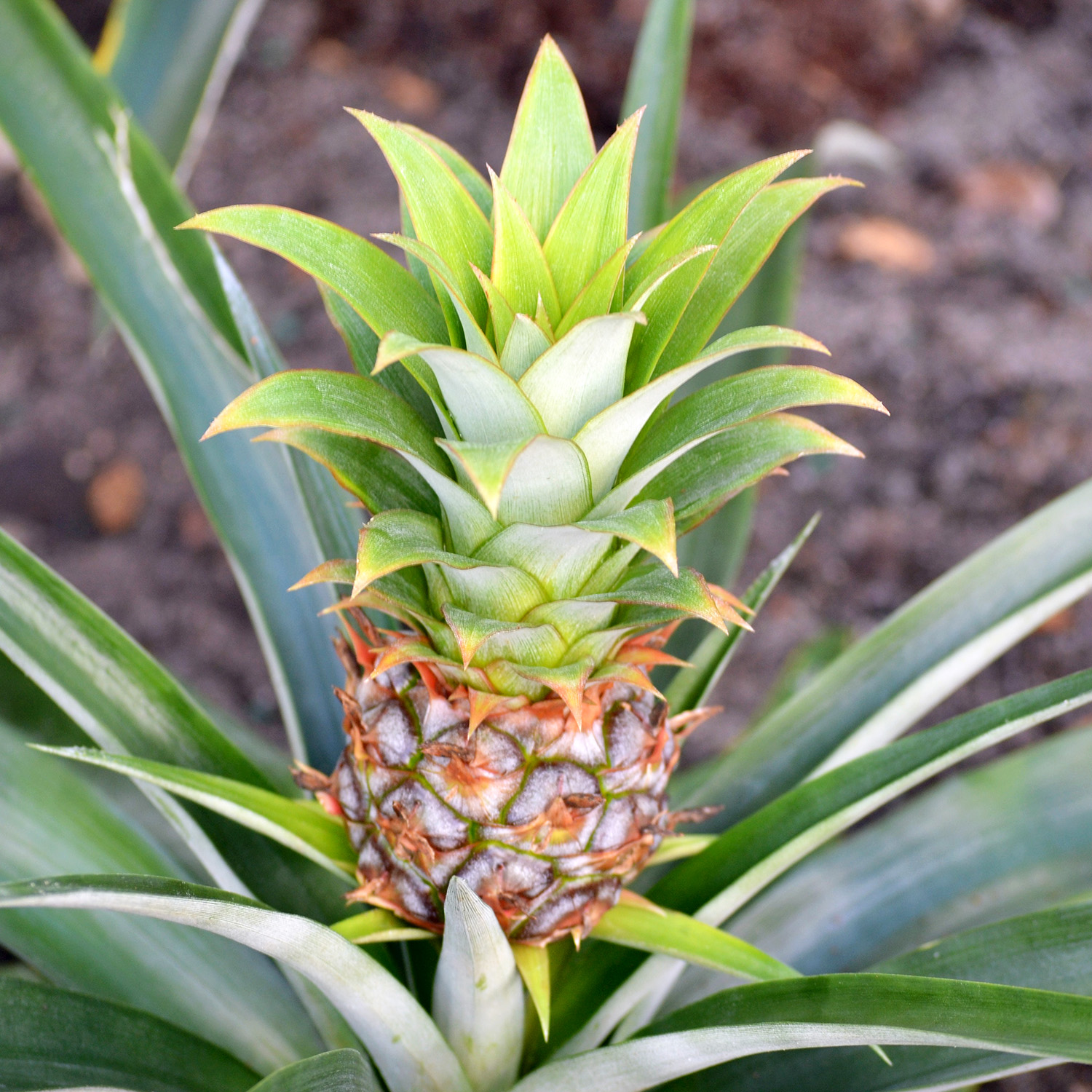Bromelain

Common Names: bromelain, pineapple enzyme
Latin Names: (pineapple plant) Ananas comosus
Background
- Bromelain is a group of enzymes that break down proteins. These enzymes are found in the stem and fruit of the pineapple plant.
- Pineapple was traditionally used for medicinal purposes in South and Central America.
- Bromelain is promoted as a dietary supplement for a variety of purposes including postoperative pain after wisdom tooth extraction, sinusitis, osteoarthritis, and exercise-induced muscle soreness. Bromelain is used topically (applied to the skin) as a prescription drug in the treatment of serious burns.
How Much Do We Know?
- A small number of studies have been done on the use of bromelain taken orally (by mouth) for reducing symptoms of sinusitis and reducing pain and swelling after wisdom tooth extraction. For other conditions, either very little research has been done or studies have only evaluated products that contain a mixture of bromelain and other ingredients, and therefore the effects of bromelain alone are unclear.
- In 2022, the U.S. Food and Drug Administration (FDA) approved a drug product containing bromelain for topical use for debridement (removal of dead tissue or contaminants) of severe burns in adults. The product is also approved for this purpose in the European Union.
What Have We Learned?
- There is not enough high-quality research to say whether oral bromelain should be recommended for sinusitis.
- Some studies suggest that oral bromelain might be helpful for reducing some symptoms associated with wisdom tooth surgery.
- Debridement with topical bromelain has been successfully administered by health professionals as an alternative to surgical debridement.
What Do We Know About Safety?
- When taken orally, bromelain seems to be well tolerated. The most commonly reported side effects have been stomach upset and diarrhea.
- If you take any type of medicine, talk with your health care provider before using bromelain or other herbal products; some herbs and medicines interact in harmful ways.
- Little is known about whether it’s safe to use bromelain during pregnancy or while breastfeeding.
Keep in Mind
- Take charge of your health—talk with your health care providers about any complementary health approaches you use. Together, you can make shared, well-informed decisions.
- Federal Regulation of Herbal Products
- Depending on what’s in them, how they’re intended to be used, and how they’re administered (orally or topically), herbal products are regulated in a variety of ways. Many herbal products intended for oral use are marketed as dietary supplements. The rules for making and distributing dietary supplements are less strict than those for drugs.
- Unlike drugs, dietary supplements are not approved by the FDA before they are sold to the public. When public health concerns arise about the safety of a dietary supplement or an ingredient including an herb, the FDA can take action to protect the public. Manufacturers and distributors of supplements are responsible for evaluating the safety and labeling of their products before marketing to ensure that they meet all regulatory requirements.
NCCIH Clearinghouse
The NCCIH Clearinghouse provides information on NCCIH and complementary and integrative health approaches, including publications and searches of Federal databases of scientific and medical literature. The Clearinghouse does not provide medical advice, treatment recommendations, or referrals to practitioners.
Toll-free in the U.S.: 1-888-644-6226
Telecommunications relay service (TRS): 7-1-1
Website: https://www.nccih.nih.gov
Email: info@nccih.nih.gov (link sends email)
PubMed®
A service of the National Library of Medicine, PubMed® contains publication information and (in most cases) brief summaries of articles from scientific and medical journals. For guidance from NCCIH on using PubMed, see How To Find Information About Complementary Health Practices on PubMed.
Website: https://pubmed.ncbi.nlm.nih.gov/
Office of Dietary Supplements (ODS), National Institutes of Health (NIH)
ODS seeks to strengthen knowledge and understanding of dietary supplements by evaluating scientific information, supporting research, sharing research results, and educating the public. Its resources include publications (such as Dietary Supplements: What You Need To Know) and fact sheets on a variety of specific supplement ingredients and products (such as vitamin D and multivitamin/mineral supplements).
Website: https://ods.od.nih.gov
Email: ods@nih.gov (link sends email)
Key References
- Bromelain. NatMed Pro website. Accessed at naturalmedicines.therapeuticresearch.com on September 19, 2023. [Database subscription].
- Chakraborty AJ, Mitra S, Tallei TE, et al. Bromelain a potential bioactive compound: a comprehensive overview from a pharmacological perspective. Life (Basel). 2021;11(4):317.
- Griffin AS, Cabot P, Wallwork B, et al. Alternative therapies for chronic rhinosinusitis: a review. Ear, Nose & Throat Journal. 2018;97(3):E25-E33.
- Gupta AA, Kambala R, Bhola N, et al. Comparative efficacy of bromelain and aceclofenac in limiting post-operative inflammatory sequelae in surgical removal of lower impacted third molar: a randomized controlled, triple blind clinical trial. Journal of Dental Anesthesia and Pain Medicine. 2022;22(1):29-37.
- Leelakanok N, Petchsomrit A, Janurai T, et al. Efficacy and safety of bromelain: a systematic review and meta-analysis. Nutrition and Health. 2023;29(3):479-503.
- Liu S, Zhao H, Wang Y, et al. Oral bromelain for the control of facial swelling, trismus, and pain after mandibular third molar surgery: a systematic review and meta-analysis. Journal of Oral and Maxillofacial Surgery. 2019;77(8):1566-1574.
- Mendes M-L-T, do Nascimento-Júnior E-M, Reinheimer D-M, et al. Efficacy of proteolytic enzyme bromelain on health outcomes after third molar surgery. Systematic review and meta-analysis of randomized clinical trials. Medicina oral, patologia oral y cirugia bucal. 2019;24(1):e61-e69.
- Shoham Y, Gasteratos K, Singer AJ, et al. Bromelain-based enzymatic burn debridement: a systematic review of clinical studies on patient safety, efficacy and long-term outcomes. International Wound Journal. 2023;20(10):4364-4383.
This publication is not copyrighted and is in the public domain. Duplication is encouraged.
NCCIH has provided this material for your information. It is not intended to substitute for the medical expertise and advice of your health care provider(s). We encourage you to discuss any decisions about treatment or care with your health care provider. The mention of any product, service, or therapy is not an endorsement by NCCIH.